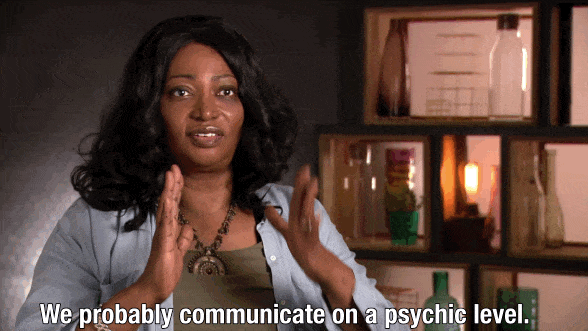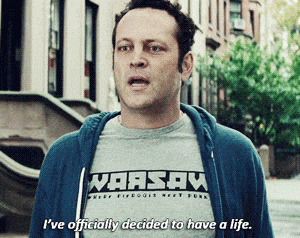“A healthy relationship doesn’t drag you down. It inspires you to be better.” – Mandy Hale
It can be easy to overlook these basic principles when you’re arguing over who should take the garbage out, but sometimes it’s worth assessing the health of your relationship. All relationships, romantic or not, begin by building upon a foundation of trust and respect.
Here are five qualities that healthy relationships have in common:
Communication
- Don’t be afraid to ask for what you want.
- Be your own advocate!
- Access outside resources if you need to.
- Sometimes you can’t resolve problems by yourself. A therapist or counselor can be an impartial sounding board.
- Address problems directly instead of letting resentment grow.
- Be straightforward but not hurtful when bringing up issues. Respectful language goes a long way.
- Don’t presume to know how your partner is feeling.
- Even if you’ve been dropping hints about your true feelings… They’re not a mind reader!

Having Mutual Respect
- Compromise
- You may have to meet them halfway on issues that are important to them.
- Value each other’s opinions and show it by actively listening.
- Avoid thinking of your own response while they’re talking.
- Acknowledge their feelings and ask for clarification if needed.
Knowing Your Self-Worth
- Respect yourself- don’t settle for less than you deserve!
- Make sure your partner respects you.
- Educate yourself on the signs of abuse.
- Some common signs of abuse include manipulative behaviour (such as making false accusations), limiting your access to your own finances, and isolating you from family and friends.
- If you think your relationship might be unhealthy, check out this spectrum of healthy to abusive relationships.
- Believe that you are worthy of love.
- Recognize when you should remove yourself from a situation.

Avoiding Codependency
- Make sure you maintain your own hobbies and social life.
- Absence makes the heart grow fonder. Spending time apart will improve your time together.

Acknowledging Limitations
- It’s not your responsibility to “fix” anyone.
- Your partner has to want to change- you can’t force them to make improvements in their life.
- Manage your expectations.
- Nobody’s perfect! There will be challenges to overcome in every relationship.
- Establish boundaries.
- Discuss what you each want your relationship to look like.
- “Consent is a safe, open and ongoing conversation about what both people are comfortable with and actively want to experience together” (Source)
- Your partner does not have ownership of your body. Click for more info on consent
Now you know more about maintaining a healthy relationship! Hopefully these tips come in handy next time you’re arguing over what movie to watch on Friday night.
Note: If you suspect your relationship might be unhealthy or abusive, don’t hesitate to call us (Tri-City Transitions Society) at 604 941 7111

